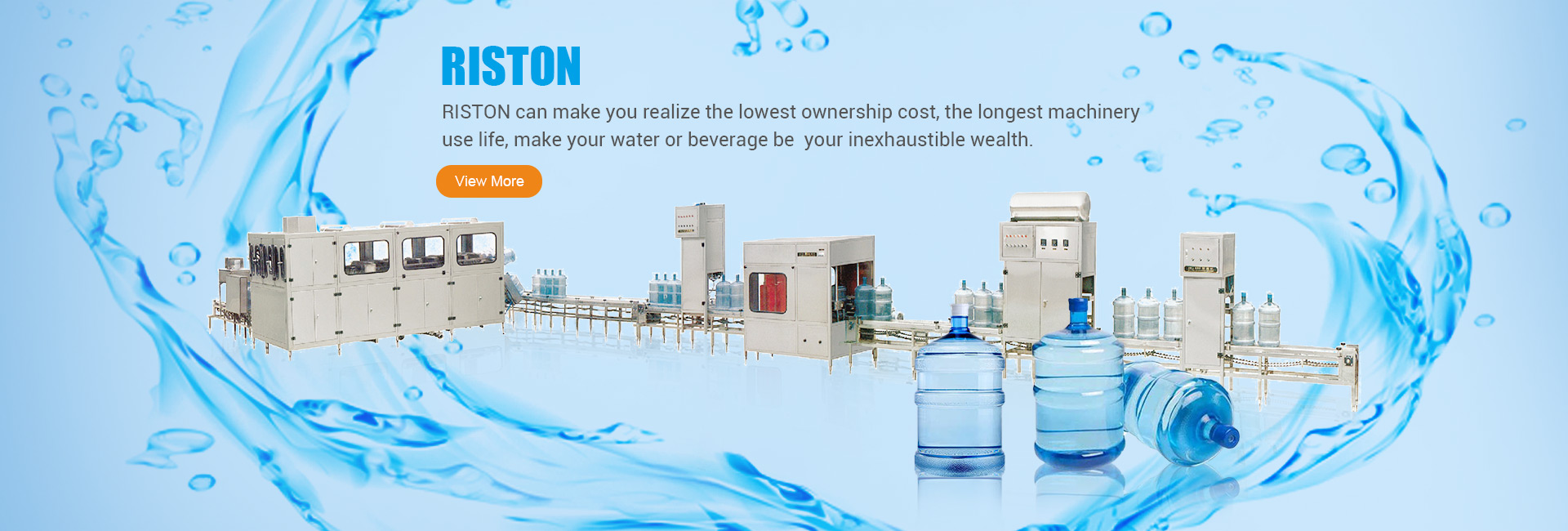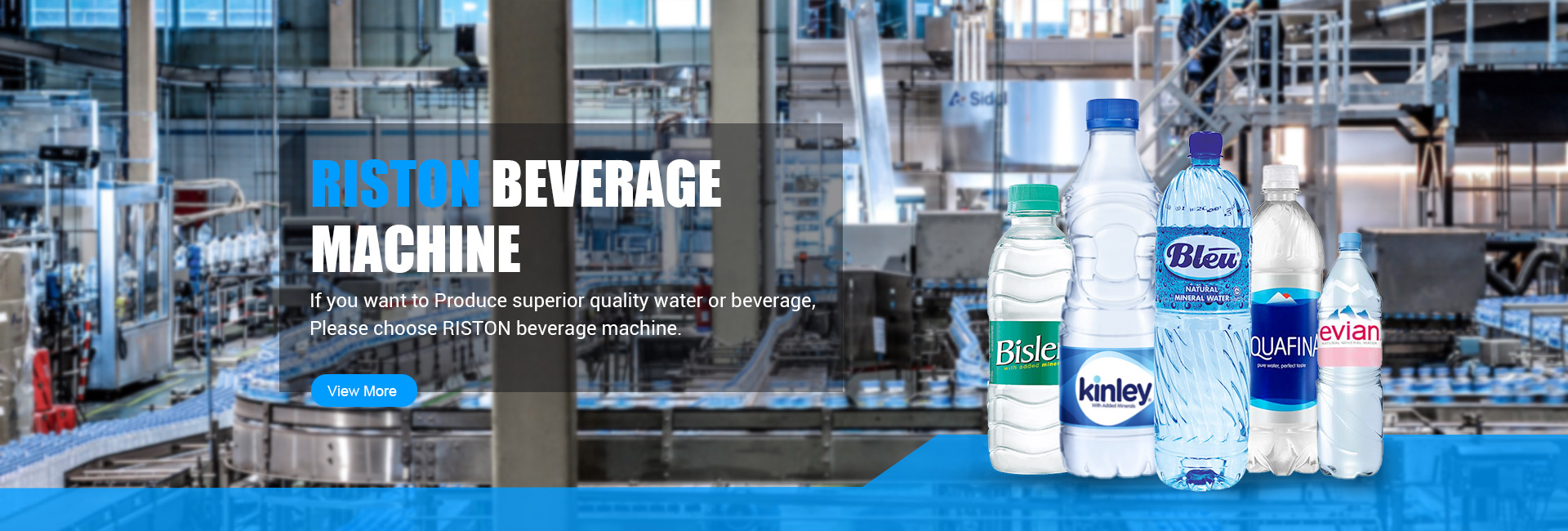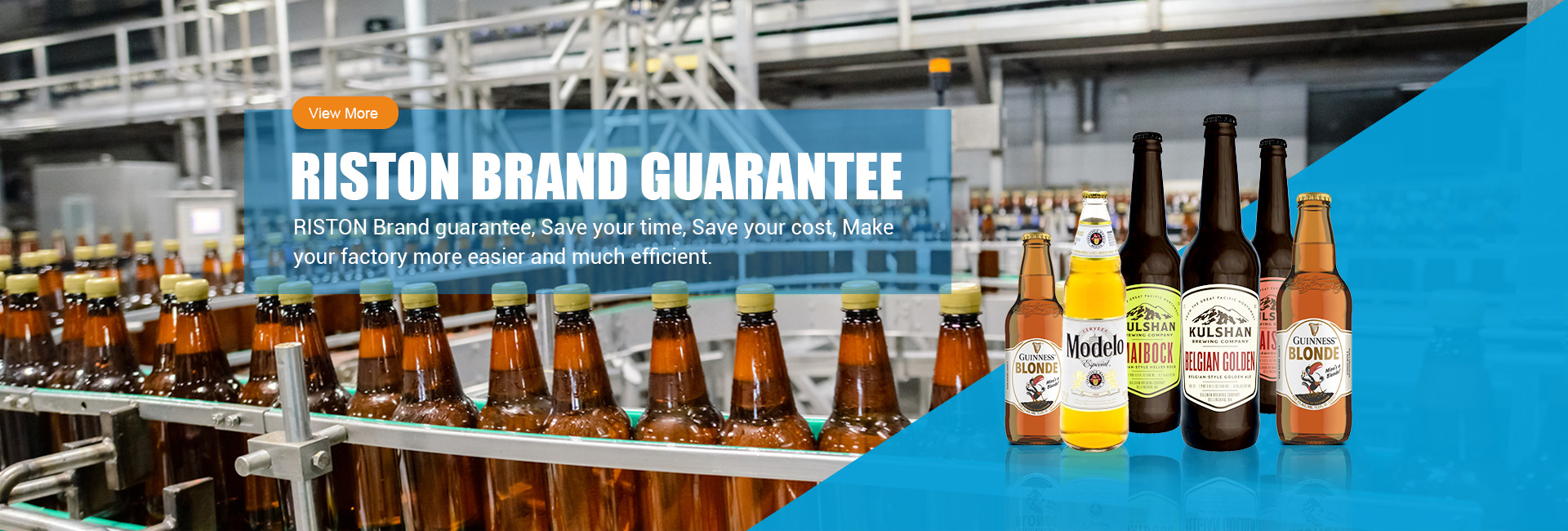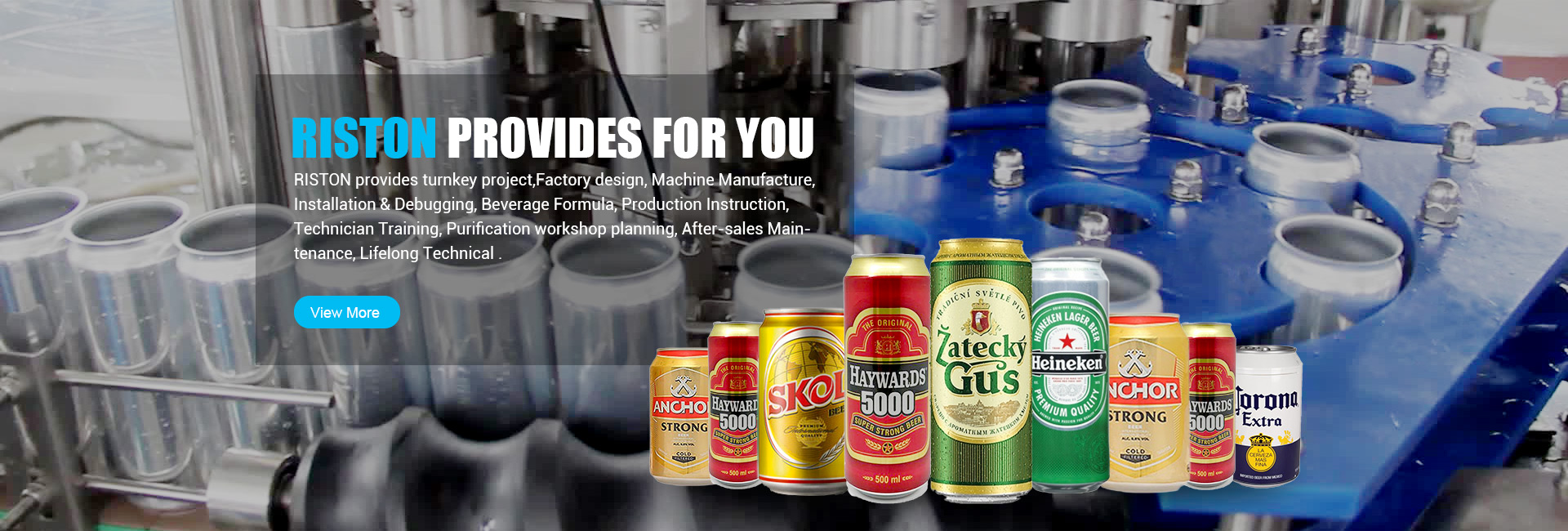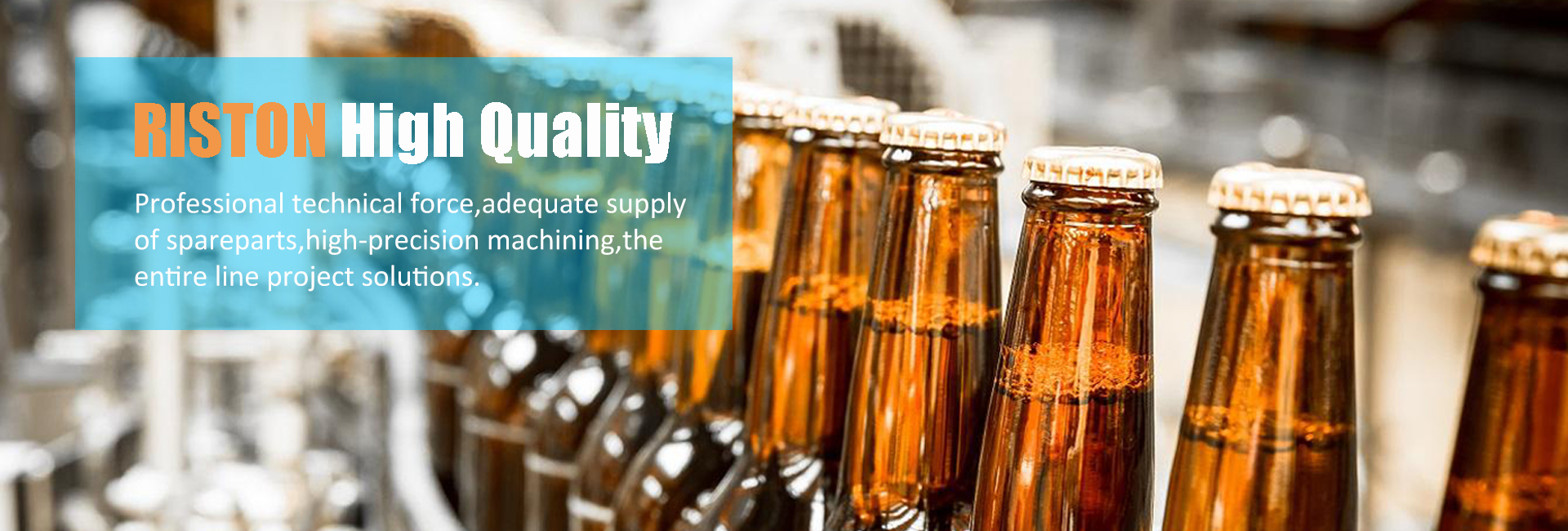RISTON-water treatment system
Introduction: RISTON, a leading brand in the water treatment industry, offers cutting-edge solutions for various water purification needs. Their advanced water treatment systems are designed to meet stringent quality standards while addressing challenges related to water scarcity and contamination. This article delves into the technical aspects, operational efficiency, and environmental sustainability of RISTON's water treatment technologies.
Technological Features RISTON water treatment systems integrate several stages of filtration and purification, such as mechanical pre-filtration, activated carbon adsorption, reverse osmosis (RO), ultraviolet (UV) sterilization, and advanced oxidation processes (AOP). These methods work synergistically to remove impurities like sediment, organic compounds, heavy metals, bacteria, viruses, and dissolved solids from water sources.
Reverse Osmosis Technology At the core of many RISTON systems is the RO membrane technology, which employs high pressure to force water through a semi-permeable membrane, effectively separating contaminants from clean water. The membranes used are engineered for durability, low energy consumption, and high rejection rates, ensuring the production of potable or ultra-pure water.
Efficiency and Scalability RISTON systems are known for their high recovery rates and minimal waste generation. They are built with intelligent controls that optimize the purification process according to real-time water quality data. Moreover, these systems can be modularly designed to scale up or down as per the client's requirements, making them suitable for residential, commercial, and industrial applications.
Sustainability Focus Understanding the importance of resource conservation, RISTON water treatment systems incorporate energy-efficient components and recycle waste streams where possible. Additionally, they aim to reduce chemical usage and promote eco-friendly alternatives, contributing to a lower carbon footprint.
Monitoring and Control Advanced monitoring systems integrated within RISTON water treatment units provide real-time data on system performance and water quality parameters. The user-friendly interfaces allow operators to control the system remotely, receive alerts when maintenance is required, and adjust settings to ensure consistent output quality.
Service and Maintenance RISTON places great emphasis on after-sales service and maintenance support. Regular servicing and the use of long-lasting, easily replaceable parts ensure that the water treatment systems operate at peak performance over time. Furthermore, they offer customized maintenance plans to extend the life cycle of the equipment.
Customizable Solutions Recognizing the diverse needs of different markets and industries, RISTON provides tailored water treatment solutions that cater to specific water hardness levels, contaminant profiles, and volume demands. This includes bespoke designs for desalination, wastewater recycling, and specialized applications in healthcare, food & beverage, and semiconductor industries.
Conclusion: RISTON water treatment systems epitomize innovation in the field of water purification, providing reliable and sustainable solutions for a wide array of environments. With continuous advancements in technology and a commitment to environmental responsibility, RISTON remains at the forefront of delivering safe and pure water to communities worldwide.
For detailed specifications, case studies, or inquiries regarding RISTON's water treatment systems, interested parties are encouraged to directly contact RISTON representatives or visit their official website for comprehensive product information.
Note: Actual features, performance metrics, and configurations of RISTON water treatment systems may vary depending on the models and customizations provided by the manufacturer.

